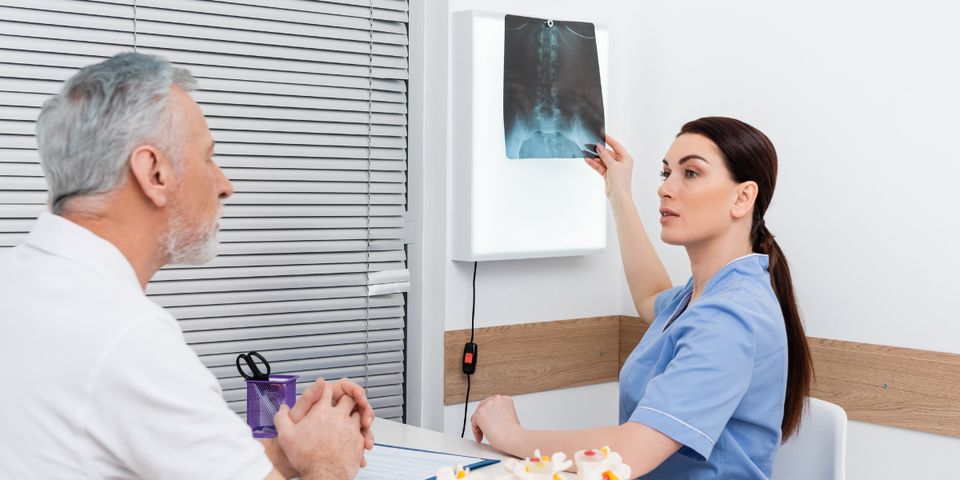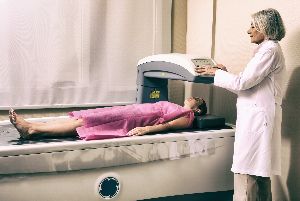A Guide to Bone Densitometry
By Associates In Orthopedics & Sports Medicine PC
Oct 07, 2021
Strong bones are vital when it comes to fluid movement and overall health. Due to age or the development of certain conditions, however, your bones can lose mass and weaken, leading to back pain, minor injuries, and general discomfort. That’s when a bone density test should be scheduled to determine the extent of the issue and help your doctor tailor a treatment or recovery plan to restore bone strength or minimize discomfort. Here's a closer look at bone densitometry procedures.
What Is a Bone Density Test?
Doctors use bone densitometry to measure the density and mineral content of the skeleton. There are several methods for doing this, such as the use of CT scans, traditional X-rays, or dual-energy X-ray absorptiometry (DEXA). Testing usually targets the hips, spine, and lower arm.
Due to their generally greater accuracy, DEXA tests are often preferred. While standard X-rays can detect bone density loss or damage, they can typically only do so once the condition is too advanced to treat. That’s why more precise methods of measurement are needed to detect bone health issues early.
Who's a Candidate for Bone Densitometry?

Bone density testing is typically recommended for those meeting certain criteria, such as post-menopausal women who don't take estrogen, have a height over 5 feet 7 inches, or weigh under 125 pounds. Men with conditions like liver or kidney disease, hyperthyroidism or hyperparathyroidism, type 1 diabetes, or rheumatoid arthritis are also good candidates.
Those with a family history of hip fractures or current or excessive alcohol consumption or tobacco may also benefit from bone densitometry. A doctor may recommend bone density testing for anyone with unexplained back pain or a height decrease of more than 1 inch.
What Can You Expect During the Procedure?
On the day of the test, you should wear loose, comfortable clothing and eat normally. Upon arrival at the testing site, you’ll be asked to lie down on a padded examination table with an X-ray generator below you and an imaging device above.
Your legs will be supported by a cushioned box to aid in spinal assessment, and your foot may be placed in a brace that rotates the hip inward during a hip assessment. It’s important to lie still as the imaging device passes over the hip and spine, and the technician may ask you to hold your breath for a few moments while taking X-rays. The procedure typically takes around 10 to 30 minutes, and you should receive your test results within 24 hours or so.
If you’re concerned about unexplained back pain or other conditions, consult with your provider at Associates In Orthopedics & Sports Medicine PC in Dalton, GA. Their highly trained and experienced staff can get you referred for a bone density test at a local facility near you. Call (706) 226-5533 to schedule an appointment or find out more online.
About the Business
(41 reviews)
Have a question? Ask the experts!
Send your question

